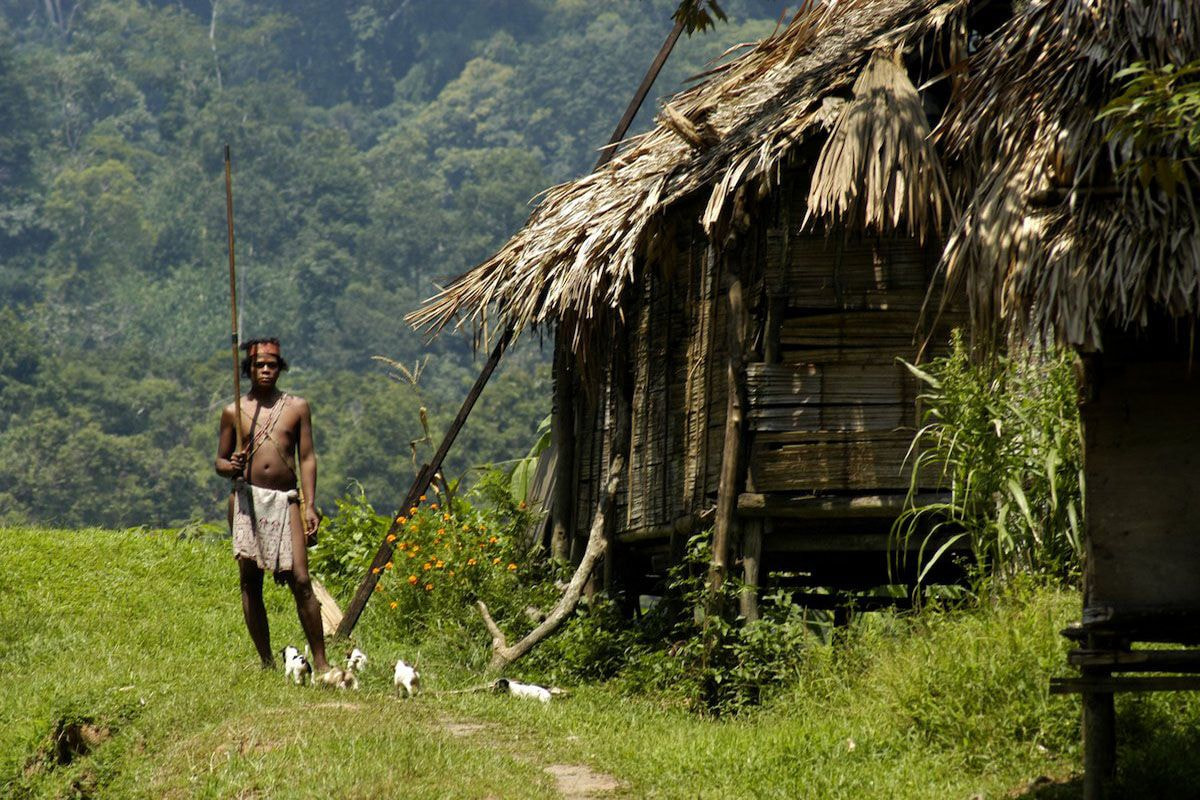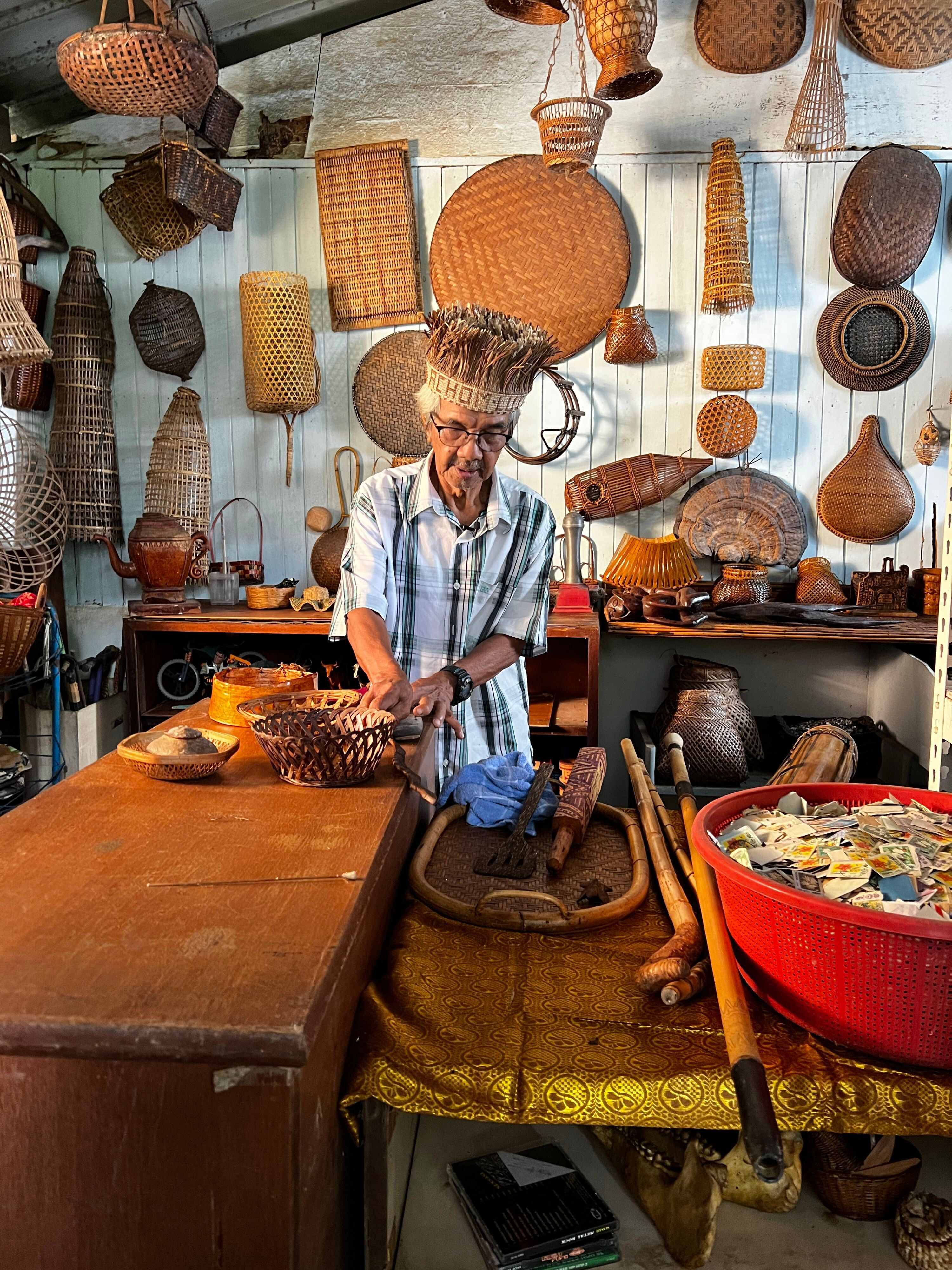The Orang Asli, Malaysia’s indigenous people, played an essential yet often overlooked role during the Emergency Era (1948-1960). Their deep knowledge of the jungle and survival skills made them invaluable to both the British colonial forces and the communist insurgents. However, this period also brought significant challenges and changes to their communities.
The Emergency Era amplified existing internal challenges within the Orang Asli community. With a fragmented social structure consisting of various tribes, each with different languages, customs, and territorial claims, internal divisions were prevalent. Economically, the community relied heavily on subsistence farming and hunting, which the conflict disrupted, causing severe strain. Furthermore, limited access to healthcare and education hindered their development and ability to cope with the era's challenges.
During the Emergency, the British strategy of forced relocation moved the Orang Asli into "protected" villages to cut off support to the communists. These relocations disrupted their traditional way of life and led to significant cultural and social dislocation. The Orang Asli were caught between the British forces and the communist insurgents, both of whom sought their allegiance, often through coercion, leading to mistrust and fear within the community. They faced violence and exploitation from both sides, with the British recruiting them as guides and trackers, and the communists leveraging their jungle expertise. These interventions eroded their autonomy and control over their lands, further marginalizing them within Malaysian society.
The legacy of the Emergency Era left a profound impact on the Orang Asli. The conflict and upheaval accelerated their integration into Malaysian national life but also exacerbated their marginalization. Post-Emergency policies have continued to affect their cultural integrity, land rights, and socio-economic status. Understanding the Orang Asli’s experiences during this period highlights their resilience and the ongoing challenges they face.
This project aims to bring their stories to the forefront, acknowledging their crucial yet challenging role during one of Malaysia’s most turbulent periods. It underscores the need for policies that recognize and respect their unique cultural heritage and rights, ensuring their contributions and struggles are remembered and valued.




